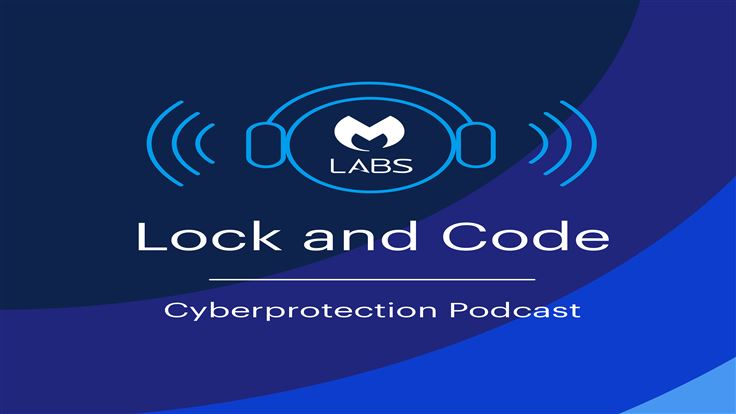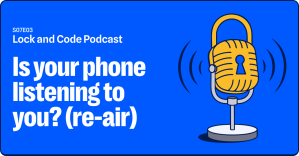Depending on where you live, you can ask a company to hand over all the data it has collected about you and, in a matter of weeks as mandated by law, that company has to fork that information over.
Whether the company will abide on time, however, is a different story.
In the European Union, the United Kingdom, and California, consumers have a leg up in understanding what data is collected about them, largely thanks to several laws passed in those regions in the last few years. And at least in California, people can request that a company hand over the data it has collected about them, even if they are not an active user of that company’s product or a customer of that company’s services.
That’s because in today’s world, your data is not collected only by the companies you directly interact with, but also by the companies that your friends and families interact with.
In February of last year, Whitney Merrill proved this was true when she requested her data from the then-popular app Clubhouse. Though Merrill did not have an account with the company and was not a user of the app, she proved that Clubhouse did have her phone number, which had been shared with Clubhouse by Merrill’s contacts who were active users.
Merrill, who has requested her data from several more companies since then, learned more about data privacy compliance than about just what is being collected about her. Each request, Merrill said, can be different from another, and each request is done separately, forcing users who want to learn more about how their data is collected to spend increasingly more of their own time—time which they may not realistically have. The entire model right now, Merrill said, has many flaws.
“We all interact with thousands and thousands of websites and providers that collect our data—maybe hundreds is probably a better number—in any given week or year. And, as a result, you have to go to each individual one and ask for access to your data… The burden is really on the end user.”
Whitney Merrill, Data Protection Officer and Privacy Counsel at Asana
This week on the Lock and Code podcast with host David Ruiz, we speak with Merrill about the difficulties of requesting your own data from a company and why some companies seem to interpret data privacy laws as mere suggestions. We also touch on proposed solutions to today’s problems with cross-border data transfers and what “data localization” may lead to in the future.
You can also find us on Apple Podcasts, Spotify, and Google Podcasts, plus whatever preferred podcast platform you use.
Show notes and credits:
Intro Music: “Spellbound” by Kevin MacLeod (incompetech.com)
Licensed under Creative Commons: By Attribution 4.0 License
http://creativecommons.org/licenses/by/4.0/
Outro Music: “God God” by Wowa (unminus.com)










